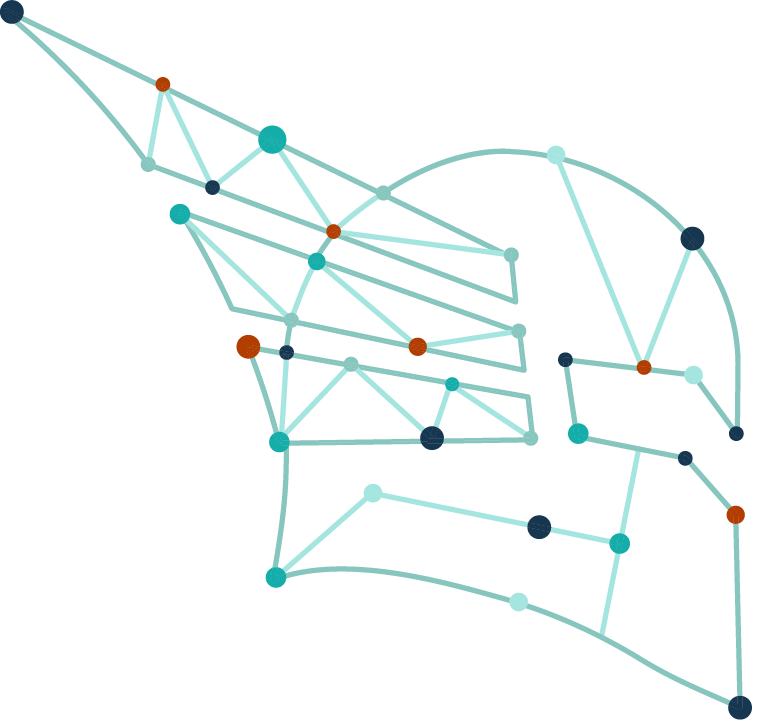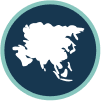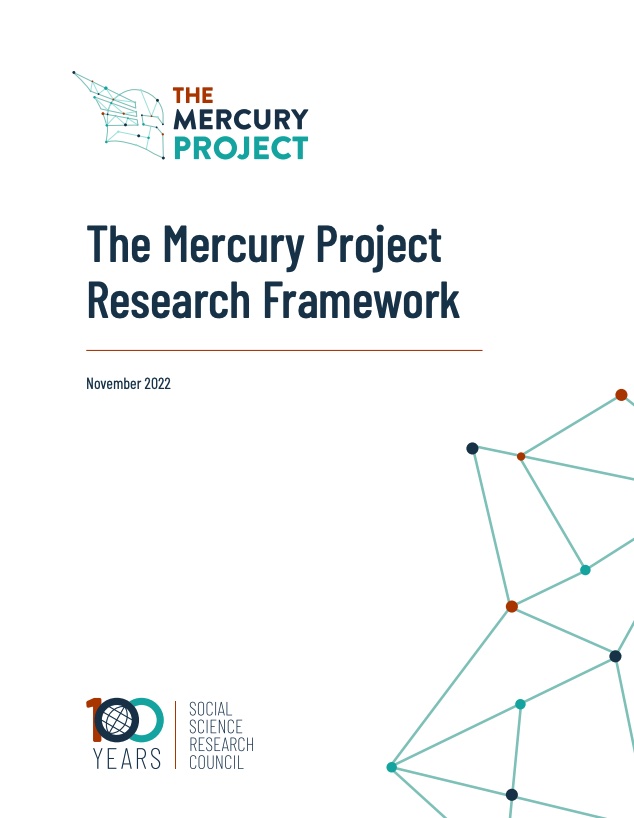ABSTRACT
In 2018, in response to the digital gender divide, the government of Chhattisgarh (a state in central India), launched the ambitious SKY program, providing free smartphones to two million women in rural areas across the state who live in locations with more than 1,000 residents. With this new internet access, women may have better access to information—including health information—that may be accurate or inaccurate. With the arrival of the pandemic, India has been a major source and consumer of Covid-19 and other inaccurate health-related information. While we all have a sense that inaccurate health information is harmful and can impede protective health behaviors, it has been difficult to know if this is true or to get a fix on how harmful it is. To address this gap in our understanding, the research team will compare villages included in the SKY initiative and those not included, allowing them to assess the causal effect of internet access on information-seeking and health-protective behaviors. Researchers will identify who is more susceptible to inaccurate health information (across gender, education, and age distribution), indicating how resources from the global community could be mobilized to target vulnerable communities.


